Dahlias are beautiful flowers that come in many colors and shapes. They can be grown from seeds or bulbs.
Understanding the difference between dahlia seeds and bulbs is important for gardeners. Seeds offer a way to grow new and unique plants. Bulbs, on the other hand, are known for their reliability and ease of growth. Both methods have their own set of benefits and challenges.
In this blog post, we will explore these differences to help you choose the best option for your garden. Whether you are a beginner or an experienced gardener, this guide will provide valuable insights into growing dahlias successfully.
Introduction To Dahlias
Dahlias are bright and beautiful flowers. They come in many colors and shapes. People love them in gardens and bouquets. Dahlias can grow from seeds or bulbs.
There are many types of dahlias. Some are small, and some are big. Pompon dahlias are round and cute. Cactus dahlias have pointy petals. Dinnerplate dahlias are very large. Each type is unique and special.
Dahlias need lots of sunlight. They grow best in well-drained soil. Water them regularly, but not too much. They like warm weather. Protect them from frost. With care, dahlias can bloom beautifully.

Credit: www.triplewrenfarms.com
Dahlia Seeds
There are two main types of dahlia seeds: open-pollinated and hybrid. Open-pollinated seeds produce plants that are similar to the parent plant. Hybrid seeds produce plants with new and different traits.
Start dahlia seeds indoors 6-8 weeks before the last frost. Use a seed tray with moist soil. Place seeds on top and cover lightly with soil. Keep the soil warm and moist. Seeds will germinate in 7-14 days.
Transplant seedlings outdoors after the last frost. Choose a sunny spot with well-drained soil. Space plants 12-18 inches apart. Water regularly to keep the soil moist. Add mulch to retain moisture and reduce weeds.
Dahlia Bulbs
Dahlia bulbs, also called tubers, come in different types. Some are single, others are double. Each type has its own charm and beauty. Single tubers grow one stem. Double tubers grow many stems. This affects the plant’s size and flower count. Choosing the right type depends on your garden needs.
Planting dahlia bulbs is easy. First, dig a hole about six inches deep. Place the tuber in the hole with the eye facing up. Cover the tuber with soil. Water well after planting. Be sure to plant after the last frost. Frost can harm young plants.
Dahlias need regular care. Water them often, but do not overwater. Add fertilizer every few weeks. Remove dead flowers to make room for new blooms. Support tall plants with stakes. This keeps them from falling over. Watch for pests and diseases. Healthy plants grow better flowers.
Differences In Growth
Dahlia seeds grow slower than bulbs. Seeds take time to sprout. Bulbs grow faster and are more reliable. Bulbs develop quicker roots. They also sprout faster than seeds.
Dahlia seeds take longer to flower. Usually, they bloom in late summer. Bulbs flower sooner. Often, they bloom in mid-summer. This makes bulbs a better choice for early flowers.
Soil And Water Requirements
Dahlias need well-drained soil. Soil should be rich in organic matter. Ensure the soil is loose and friable. Avoid heavy, clay soils. Poor drainage can lead to root rot. Add compost to improve soil quality. A pH between 6.0 and 7.5 is best.
Water dahlias deeply but infrequently. Keep the soil moist but not soggy. Overwatering can cause problems. Water once or twice a week. Increase frequency in hot weather. Mulch helps retain soil moisture. Avoid wetting the foliage to prevent disease.
Pest And Disease Management
Aphids, spider mites, and caterpillars are common pests for dahlias. These pests can damage leaves and flowers. Regularly inspect plants to spot pests early. Removing affected parts can help control infestations. In severe cases, organic insecticides may be used.
Proper spacing of plants improves air circulation. This reduces the risk of fungal diseases. Water plants at the base to keep leaves dry. Wet leaves can lead to mildew. Use clean tools to avoid spreading infections. Remove and destroy diseased plants immediately.
Seasonal Care
In spring, start by preparing the soil. Ensure it is loose and well-drained. Dahlia seeds need more attention. Bulbs need planting in a sunny spot. Keep the soil moist but not soggy. Fertilize lightly to help growth. Watch for sprouts to emerge.
Dahlias require special care in winter. Bulbs should be dug up before frost. Dry them and store in a cool, dry place. Seeds can be left, but cover the soil with mulch. This helps to protect them from cold. Check stored bulbs for rot or mold monthly.

Credit: www.youtube.com

Credit: www.themakermakes.com
Frequently Asked Questions
What Are Dahlia Seeds?
Dahlia seeds are the reproductive material of the dahlia plant. They grow into new plants when sown. Seeds offer genetic diversity and can produce unique flower variations.
What Are Dahlia Bulbs?
Dahlia bulbs, also known as tubers, are underground storage organs. They store nutrients and help dahlias survive winter. Tubers are clones of the parent plant, ensuring identical flowers.
Which Is Better: Dahlia Seeds Or Bulbs?
Dahlia seeds and bulbs both have advantages. Seeds offer genetic diversity and unique blooms. Bulbs provide quicker growth and identical flowers. Your choice depends on your gardening goals.
How Do I Plant Dahlia Seeds?
Plant dahlia seeds indoors in early spring. Use a seed tray with well-draining soil. Keep the soil moist and maintain a warm temperature. Transplant seedlings outdoors after the last frost.
Conclusion
Dahlia seeds and bulbs offer different growing experiences. Seeds are affordable and diverse. Bulbs provide quicker blooms and reliable results. Both methods suit different gardening needs and preferences. Choose seeds for variety and experimentation. Opt for bulbs for faster growth and predictability.
Understanding these differences helps you make better gardening choices. Enjoy the beauty of dahlias in your garden, no matter the method you choose. Happy gardening!

My mission is to help you bring the beauty of nature indoors with expert advice, detailed plant care guides, and creative design ideas.
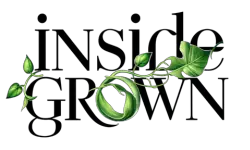
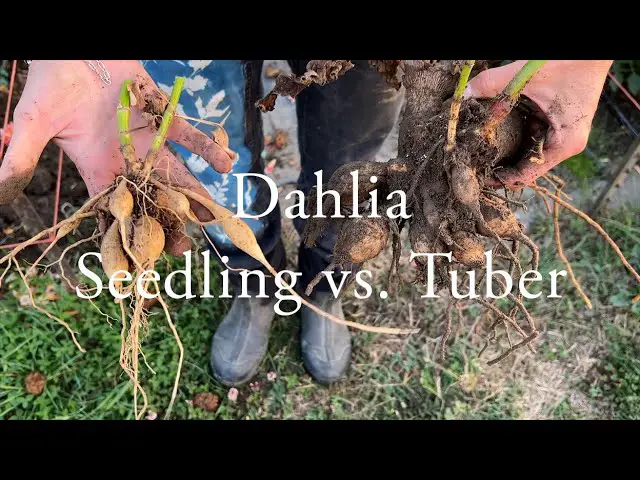
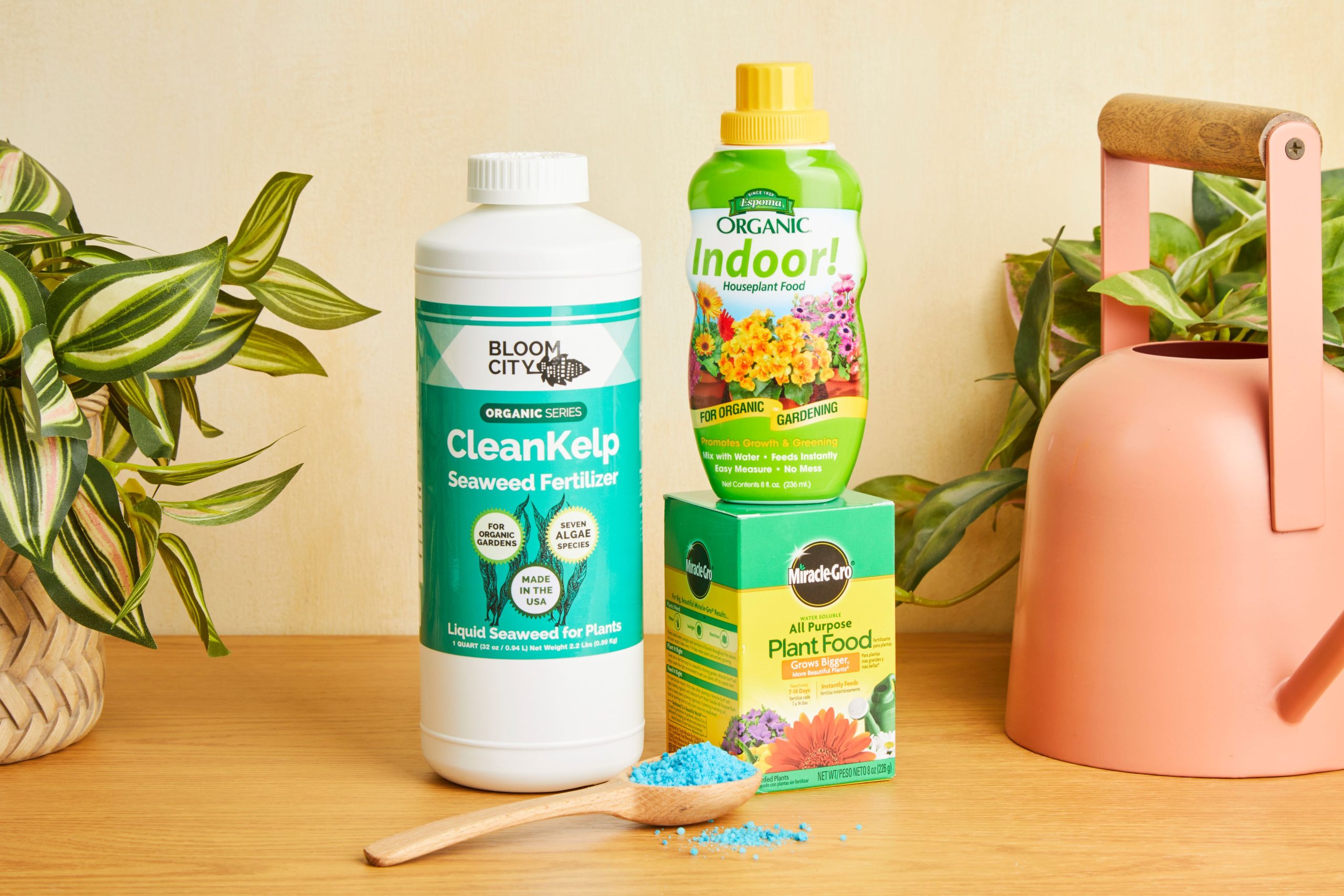
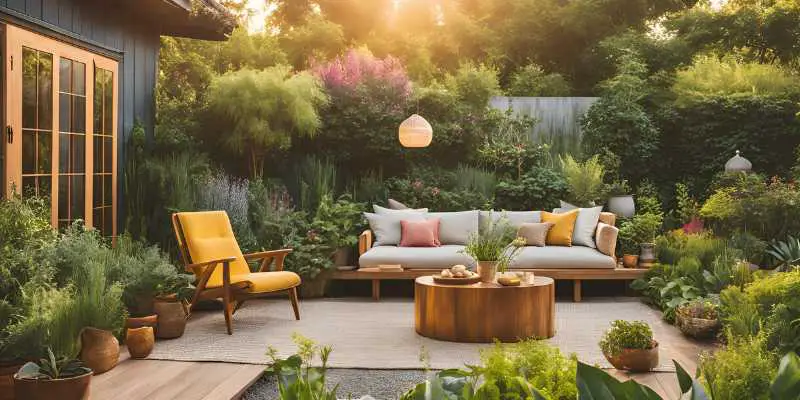
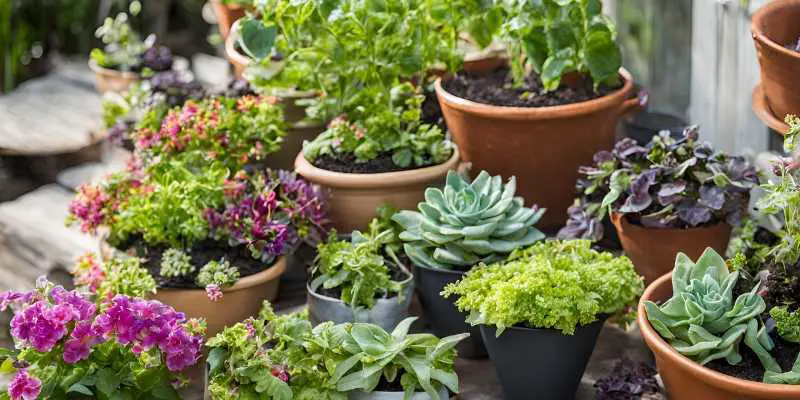
Leave a Reply